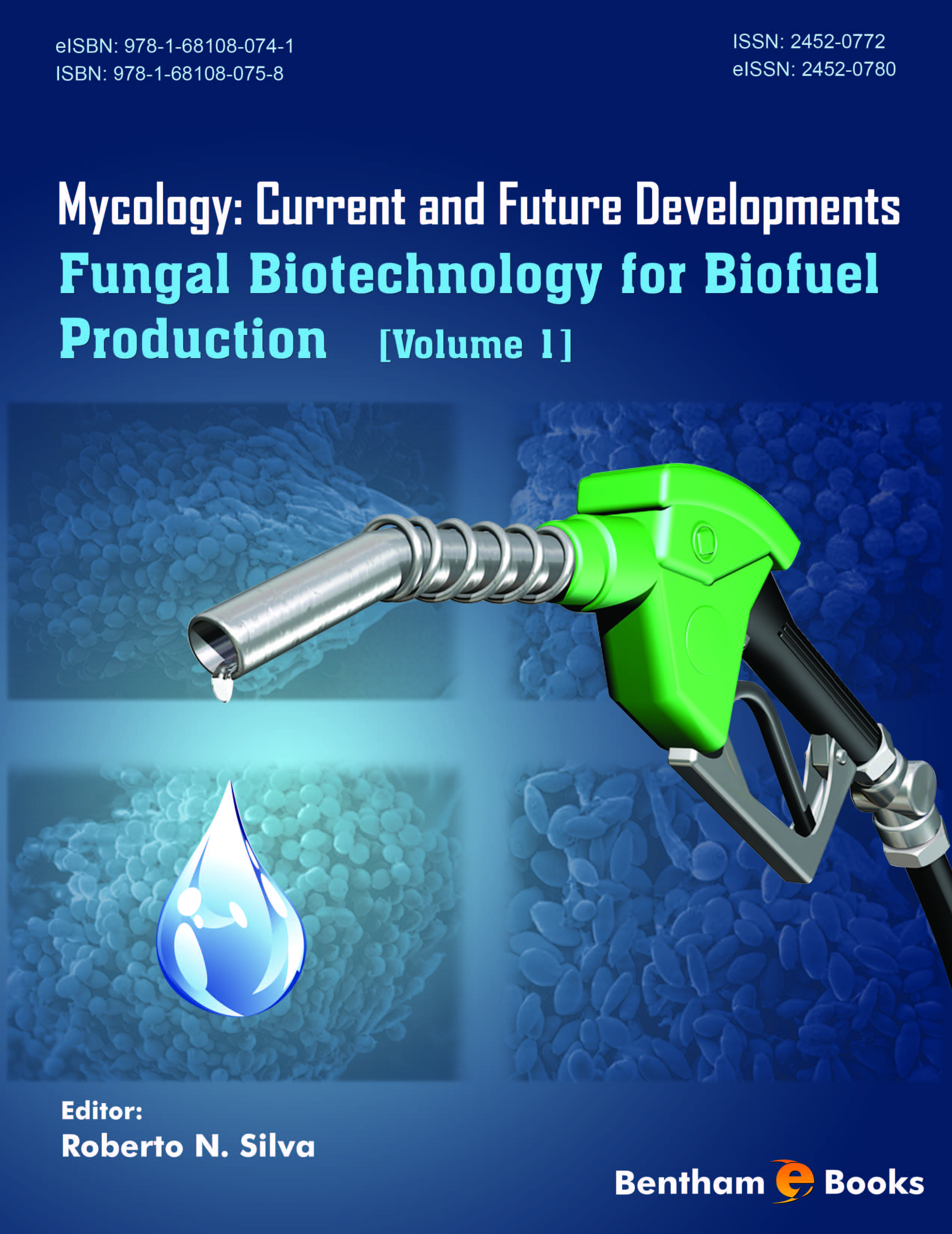Introduction
Mycology: Current and Future Development
is a book series that brings together the latest contributions to research on the biology, genetics, and industrial use of fungi. Each book chapter is written by academic / professional experts from around the world. The book series is of interest to mycologists and allied researchers seeking to gain new knowledge perspectives about fungi.
This volume of the book series focuses chiefly on advances biofuel production. Topics covered in this volume include an overview of biofuel production, the use of lignocelluloses in fungal biofuel production, fungal metabolic engineering, biomass pretreatment for biofuel refineries, and more. The volume also contains chapters about research on other fungi such as S. Cerevisiae. The reviews presented in this volume serve as a useful reference for researchers and readers interested in learning about new developments in biofuel production at a time when the need for alternative energy sources is ever increasing.

